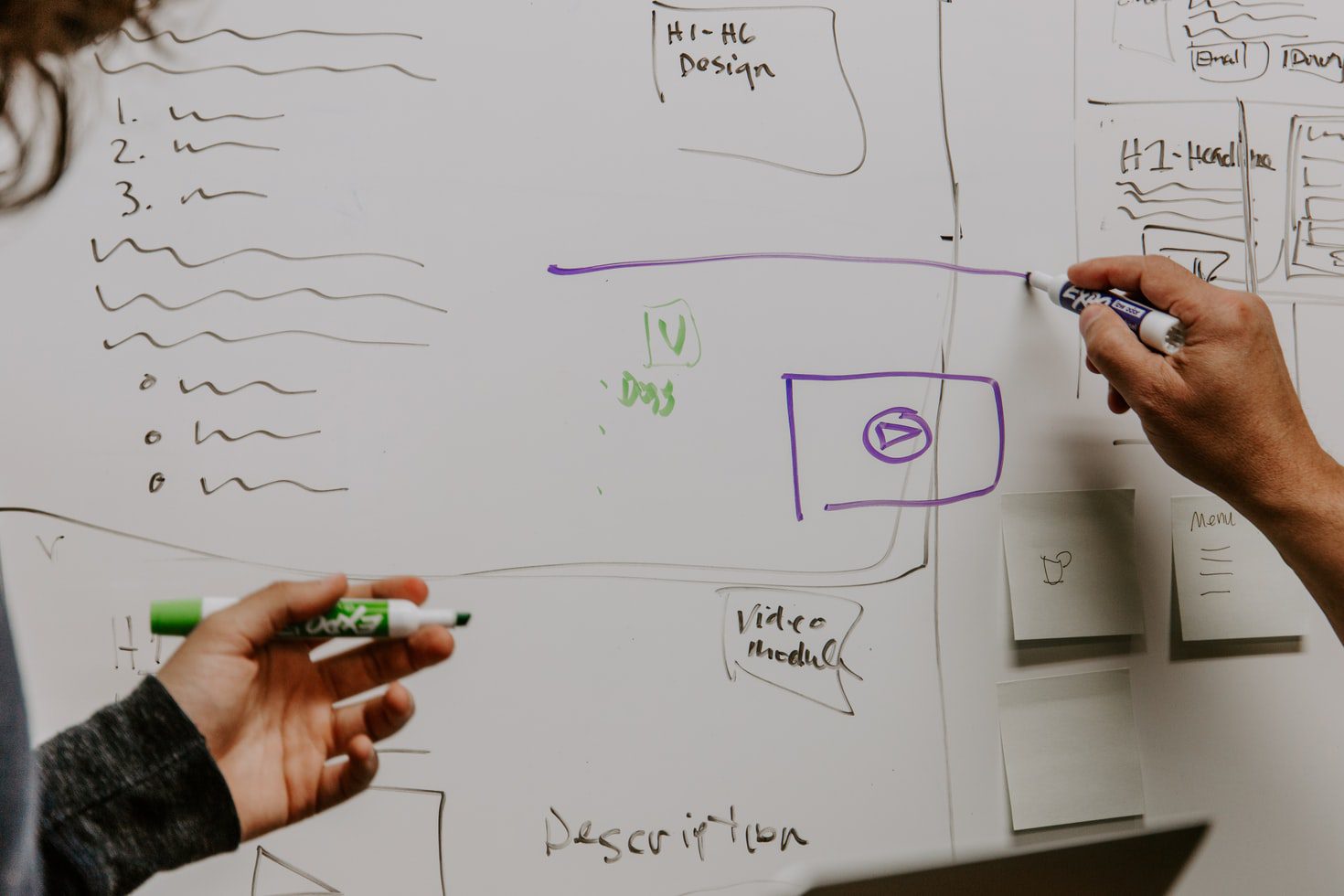The 'Millennial' generation, consisting of people born between 1980 and 2000, is (growing to be) the biggest contributor of the labour force in the majority of Western countries. As a result, the role of Millennials grows more influential and has to be taken into consideration more prominently. Having said that, Millennials have different priorities and needs and according to Deloitte's fourth annual Millennials survey, organisations have difficulties attracting the right talent. As attracting the right talent provides any organisation with a competitive edge, it is important to know how to attract the right talent of the Millennial generation. This article provides a guideline to do just this by defining and characterising the Millennial generation.
Born digital
Millennials are the first generation to be the so-called digital natives. The rapid development of technology allowed them to live great parts of their lives online. They are very receptive to new technologies and believe change is the way to improve their lives. By constantly using new channels, organisations can capture and keep the attention of Millennials. At the moment, video is the channel to reach your future Millennial employee. An important note to this is that due to the abundant access to information, new technologies have to be accompanied by relevant content in order for them to be effective.
Predisposition for communities
A high priority for the Millennial is community-based products and services, also called the 'sharing economy'. This economy is more directed towards access to rather than ownership of goods and services. Millennials prefer a new set of services which do not bother the burden of ownership such as Bla Bla Car (car sharing) or AirBnB (home sharing). Organisations can use this tendency towards the sharing economy by offering potential employees benefits such as shared access to transportation or housing.
Consciousness on different levels
Millennials are conscious when it comes to social, economic, environmental and health issues. This means, for example, they look up to companies which serve an environmental or social purpose. Also, they eat healthier, smoke less and exercise more. Although this trend has been going on for several years now, it is continuing to increase pace and importance. It is thus important to adopt serious corporate social responsibility policies. Companies such as Google, LinkedIn and Facebook increasingly offer their employees facilities such as a gym or healthy lunch possibilities.
Personal growth
Lastly, drivers of the Millennial extend far beyond wealth and status, they seek growth. Growth in both their work and private life. Consequently, organisations should provide Millennials with challenges and opportunities from the start. Also, organisations should make Millennials feel like they are willing to invest in them personally.
Most organisations are focussed on persuading Millennials to adopt their products or services, rather than persuading them to join their company. Attracting the right talent by translating priorities and needs of Millennials to relevant activities for the Human Resources department seems to be a needed shift in focus. As a result, organisations' can persuade Millennials not only to adopt their products or services but also to work at their organisation.



